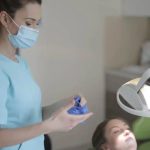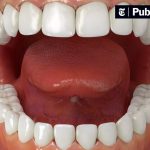Why Do Teeth Chip? Understanding the Causes and Prevention Methods
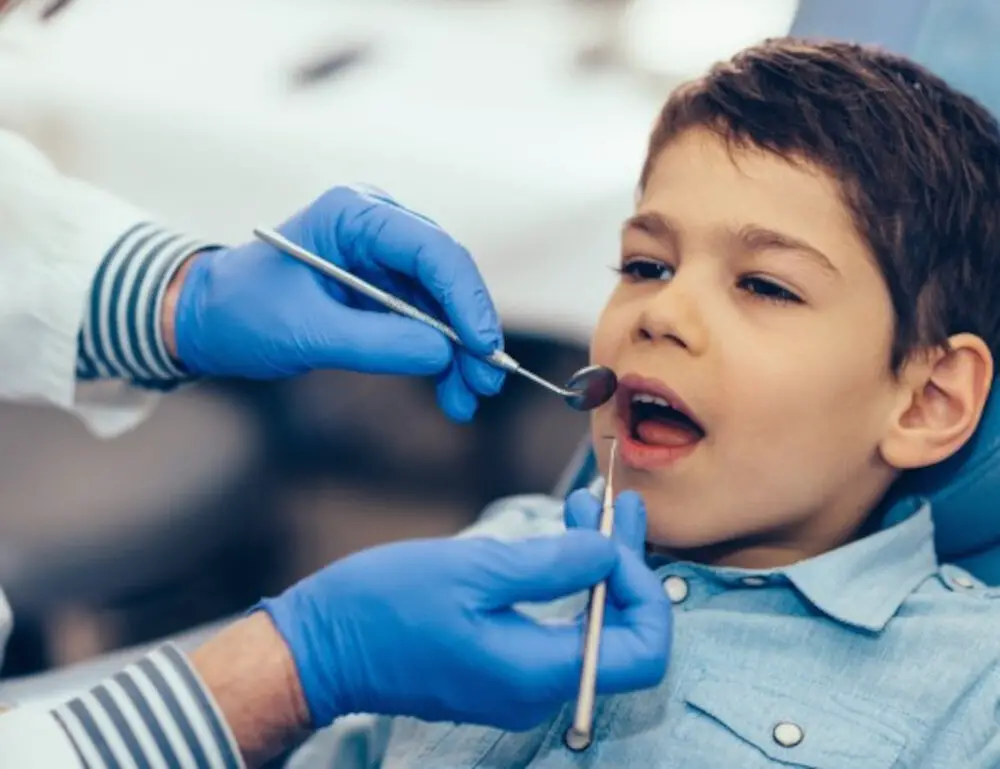
Chipped teeth are a common dental issue that can cause pain, discomfort, and aesthetic concerns. Understanding the causes of chipped teeth can help you prevent them and maintain a healthy, beautiful smile. There are various reasons why teeth can chip, and some of them are preventable through proper oral care and lifestyle choices. In this article, we will explore the common causes of chipped teeth and provide tips on how to prevent them. One of the most common causes of chipped teeth is trauma or injury. Accidents, falls, sports injuries, and physical fights can all result in chipped or broken teeth. Teeth that have been weakened by decay, cracks, or previous dental work are more susceptible to chipping. Additionally, poor oral hygiene practices, such as brushing too hard or using a toothbrush with hard bristles, can also cause teeth to chip. Other factors that can contribute to chipped teeth include grinding or clenching your teeth, chewing on hard objects, and consuming acidic or sugary foods and drinks.
Common Causes of Chipped Teeth
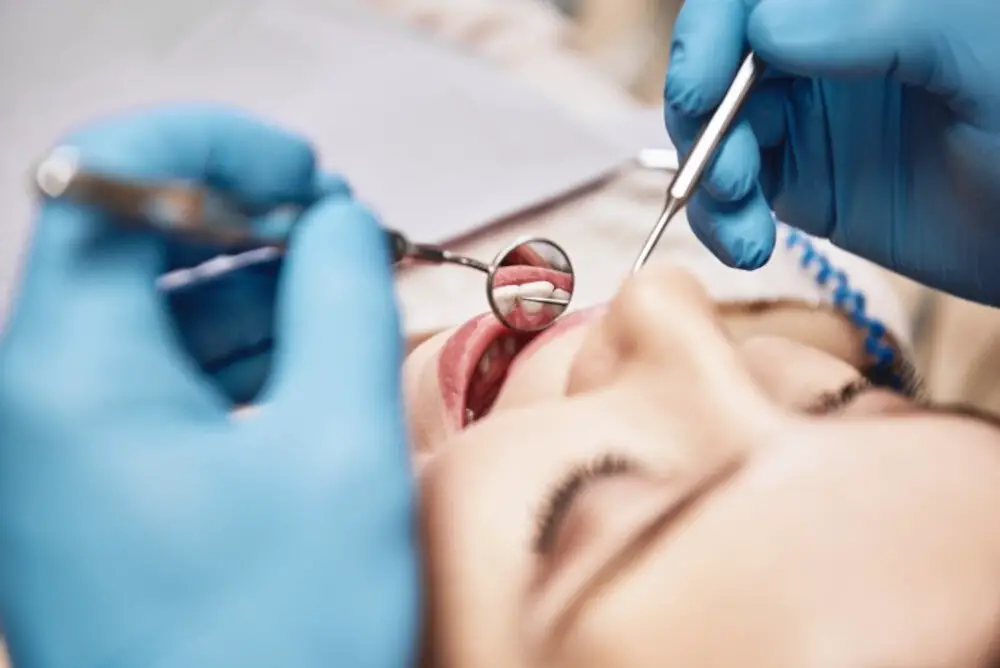
Chipped teeth can occur due to a variety of reasons, some of which are more common than others. One of the most common causes of chipped teeth is trauma to the mouth. This can occur during contact sports, accidents or falls, and even from grinding or clenching your teeth. Another common cause of chipped teeth is biting down on hard objects, such as ice or hard candies. This can cause the tooth enamel to chip or break, and can lead to further damage if not addressed promptly. In addition, eating or drinking acidic foods and beverages can weaken the tooth enamel over time, making it more prone to chipping or breaking. Poor dental hygiene can also contribute to chipped teeth, as bacteria and plaque buildup can weaken the tooth enamel and cause it to break down. This can be prevented by practicing good oral hygiene habits, such as brushing twice a day, flossing daily, and visiting the dentist regularly for checkups and cleanings. Additionally, certain lifestyle habits, such as smoking or using tobacco products, can also increase the risk of chipping or breaking teeth. By understanding the common causes of chipped teeth and taking steps to prevent them, you can help protect your oral health and maintain a healthy, beautiful smile.
Accidents or trauma are one of the primary reasons for chipped teeth. A sudden blow to the face or mouth, whether it be from a sports injury, a fall, or a car accident can result in cracked or broken teeth. In some cases, the trauma may be severe enough to knock out a tooth altogether. To prevent accidents from causing damage to your teeth, it is important to wear a mouth guard during high-risk activities such as sports, and to take precautions when engaging in any activity that could result in injury to the face or mouth. If an accident does occur, seek immediate dental attention to minimize the damage and ensure proper treatment.
Biting hard foods or objects can cause significant damage to your teeth, especially if they are not designed to handle such force. The teeth are strong but not invincible, and they can easily crack or chip if exposed to excessive pressure. Chewing on items such as ice, hard candy, or even pens can cause micro-fractures in the enamel, weakening the tooth’s structure over time. To prevent tooth damage, it’s essential to avoid biting hard objects whenever possible. If you must bite into something hard, try to break it into smaller pieces or use your molars instead of your front teeth. Additionally, maintaining good oral hygiene and visiting the dentist regularly can help identify and treat any dental issues before they become severe.
Grinding or clenching teeth, also known as bruxism, is a common dental issue that affects many individuals. This condition can lead to chipping or cracking of teeth, as well as other dental problems. Bruxism is often caused by stress or anxiety and can occur during the day or at night while sleeping. Individuals who grind or clench their teeth may experience headaches, jaw pain, and tooth sensitivity. To prevent bruxism, relaxation techniques such as meditation and yoga can be helpful. Additionally, wearing a mouthguard at night can protect teeth from damage caused by grinding or clenching. Overall, addressing the underlying causes of bruxism and taking preventative measures can help to avoid tooth chipping and other dental issues.
Signs and Symptoms of Chipped Teeth
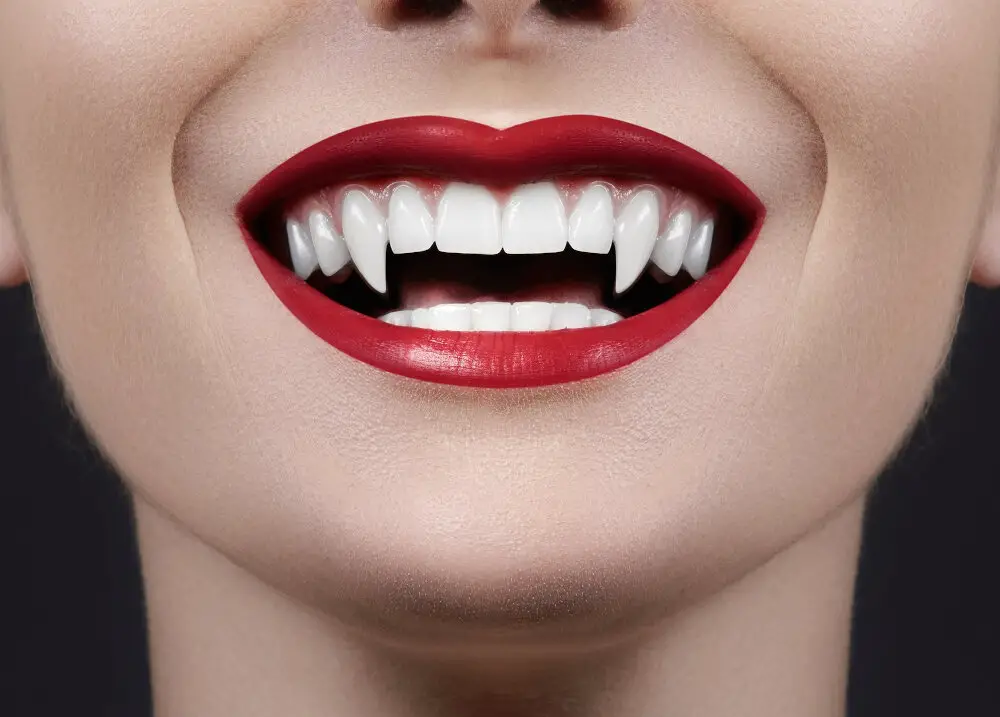
Chipped teeth can be a painful and uncomfortable experience. The most common symptoms of chipped teeth are tooth sensitivity, pain when biting or chewing, and rough or jagged edges on the affected tooth. In some cases, a chipped tooth may not cause any pain or discomfort, but it is still important to seek treatment to prevent further damage or infection. If left untreated, a chipped tooth can lead to more serious dental problems, such as tooth decay or a root canal infection. Other signs of a chipped tooth include visible cracks or fractures on the tooth surface, discoloration of the tooth, and swelling or inflammation of the gum tissue around the affected tooth. If you experience any of these symptoms, it is important to see a dentist as soon as possible to prevent further damage to the tooth and surrounding tissues. Early intervention can often prevent the need for more invasive and costly dental procedures down the line. By recognizing the signs and symptoms of chipped teeth, you can take steps to prevent further damage and maintain optimal dental health.
Pain or discomfort associated with chipped teeth can range from mild to severe, depending on the extent of the damage. In some cases, chipping may only cause slight sensitivity, while in others it can lead to excruciating pain. This discomfort can be caused by several factors, including nerve damage, exposed dentin, or infection. Additionally, the jagged edges of a chipped tooth can irritate the tongue and cheeks, causing discomfort and sometimes even ulcers. To prevent pain and discomfort associated with chipped teeth, it is important to seek prompt dental care and take preventive measures, such as wearing a mouthguard during sports or avoiding hard foods.
Sensitivity to hot or cold temperatures is a common dental problem that affects many people. This condition occurs when the protective layers of the teeth, such as enamel and cementum, wear down, exposing the sensitive nerves and tissues inside. Hot or cold foods and drinks can trigger sharp, shooting pain, making it difficult to eat or drink comfortably. There are various causes of tooth sensitivity, including tooth decay, gum disease, aggressive brushing, and teeth grinding. To prevent tooth sensitivity, it is essential to practice good oral hygiene, such as brushing with a soft-bristled toothbrush and using fluoride toothpaste. Additionally, avoiding acidic foods and drinks and visiting the dentist regularly can help keep teeth healthy and strong.
Visible cracks or chips in teeth can be caused by a variety of factors, including trauma, tooth decay, and grinding or clenching of the teeth. These cracks or chips can not only affect the appearance of the teeth but can also lead to increased sensitivity, pain, and even tooth loss if left untreated. Prevention methods include wearing a mouthguard during sports or other physical activities, maintaining good oral hygiene practices, and avoiding hard or chewy foods that can put excessive pressure on the teeth. If you notice any visible cracks or chips in your teeth, it is important to schedule an appointment with your dentist as soon as possible to prevent any further damage and ensure proper treatment.
Prevention Methods for Chipped Teeth
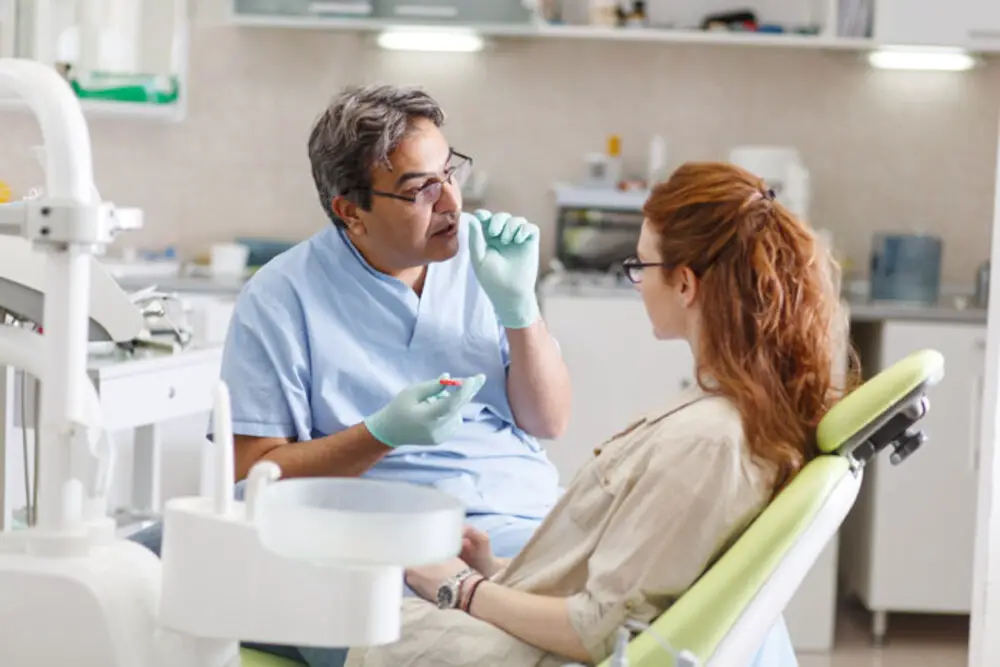
Chipped teeth can be a painful and distressing experience. Fortunately, there are several prevention methods that can help reduce the risk of chipping your teeth. One of the most important steps is to practice good oral hygiene. This involves brushing your teeth twice a day with fluoride toothpaste, flossing daily, and visiting your dentist regularly for check-ups and cleanings. This can help ensure that your teeth are healthy and strong, reducing the risk of chips and other forms of damage. Another important prevention method is to avoid eating hard foods and candies, particularly if you have weak or damaged teeth. This can include items such as ice, hard candy, popcorn kernels, and nuts. Additionally, it is important to avoid using your teeth as tools, such as to open packages or bottles, as this can also increase the risk of chips and cracks. Finally, if you participate in sports or other activities that put your teeth at risk of injury, such as football or skateboarding, it is important to wear a mouthguard to provide protection and reduce the risk of chips and other damage. By following these prevention methods, you can reduce the risk of chipped teeth and maintain a healthy, beautiful smile.
Wearing mouthguards during sports is essential to protect your teeth from damage. Athletes who participate in contact sports are at a higher risk of suffering from chipped or broken teeth. A mouthguard acts as a shock absorber and helps to distribute the force of impact evenly, reducing the risk of dental trauma. Mouthguards are available in various types, including customized, boil-and-bite, and stock. Customized mouthguards offer the best protection as they are designed to fit the individual’s mouth perfectly. Boil-and-bite mouthguards are a more affordable option and can be molded to fit the wearer’s mouth. Stock mouthguards are pre-formed and come in a one-size-fits-all design, but they may not provide the best protection. Regardless of the type of mouthguard you choose, wearing one while playing sports can help to prevent tooth damage and preserve your beautiful smile.
One way to prevent teeth from chipping is to avoid hard foods or objects that can damage the enamel. This includes foods like hard candies, ice, and popcorn kernels, as well as habits like biting fingernails or opening packages with your teeth. Even though teeth are strong, they are not invincible, and repeated exposure to hard substances can cause small cracks to develop, weaken the enamel, and lead to chipping. To protect your teeth, opt for softer alternatives or cut hard foods into smaller pieces before consuming them. Additionally, if you are prone to grinding or clenching your teeth, consider wearing a mouthguard at night to prevent damage. By taking these steps, you can help keep your teeth healthy and intact.
If you have been experiencing teeth grinding or clenching, it is important to seek treatment as soon as possible. One of the most common treatments for teeth grinding is the use of a custom-made mouthguard, which helps to protect your teeth from damage and also helps to reduce the amount of clenching and grinding that occurs while you sleep. Additionally, your dentist may recommend relaxation techniques or stress-reduction techniques to help you manage your symptoms. In some cases, medication may be prescribed to help you relax and reduce your symptoms. By getting treatment for teeth grinding or clenching, you can help to prevent further damage to your teeth and improve your overall quality of life.
Treatment Options for Chipped Teeth
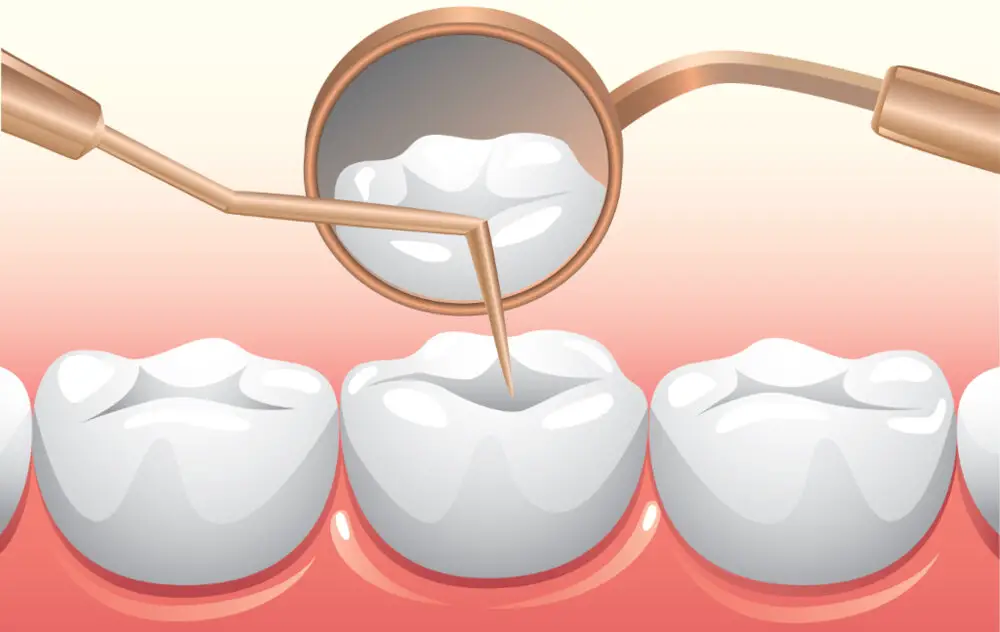
Chipped teeth can be a common dental issue, caused by a variety of factors such as trauma, biting on hard objects, or even natural wear and tear. Fortunately, there are several treatment options available to address chipped teeth, depending on the severity of the chip and the location of the damage. For minor chips, dental bonding may be a suitable option, where a tooth-colored resin is applied to the affected area and molded into shape. This procedure is relatively quick and painless and can restore the appearance and function of the tooth in a single visit. Another option for minor chips is dental contouring, which involves reshaping the tooth to smooth out the rough edges and improve its overall appearance. For more severe chips or damage that affects the structure of the tooth, dental crowns or veneers may be recommended. A dental crown is a cap that is placed over the damaged tooth to protect it and restore its shape and function. Veneers, on the other hand, are thin shells that are bonded to the front of the tooth to improve its appearance. Both crowns and veneers are custom-made to match the color and shape of the patient’s natural teeth and can provide long-lasting results. In some cases, a root canal may also be necessary to treat a chipped tooth if the damage has reached the pulp or nerve of the tooth. Overall, the treatment options for chipped teeth can vary depending on the severity of the damage, but with the help of a skilled dental professional, patients can achieve a healthy and beautiful smile.
Dental bonding is a cosmetic dental procedure that uses a tooth-colored resin material to repair or improve the appearance of a chipped or damaged tooth. This treatment involves applying the resin to the affected area, shaping it to match the natural contours of the tooth, and then hardening it with a special light. Dental bonding is a popular and effective option for repairing minor chips and cracks, as well as for improving the appearance of discolored or misshapen teeth. It is a relatively quick and painless procedure that can often be completed in a single visit to the dentist’s office. Dental bonding is a great way to restore the natural beauty and function of your teeth and can help to prevent future damage or decay.
Dental veneers are thin, custom-made shells that are designed to cover the front surface of the teeth to improve their appearance. They are typically made of porcelain or composite resin and can help to address a variety of cosmetic issues, including chips, cracks, and discoloration. Veneers are a popular option because they are minimally invasive and can provide a long-lasting solution to cosmetic concerns. However, they are not suitable for everyone and may not be an appropriate treatment option in cases where the tooth has sustained significant damage or decay. If you are considering veneers as a treatment option, it is important to consult with your dentist to determine if they are the right choice for you. Additionally, practicing good oral hygiene and avoiding habits that can damage your teeth, such as grinding or biting on hard objects, can help to prevent chips and other dental issues from occurring in the first place.
Dental crowns, also known as caps, are prosthetic devices that are used to cover damaged or weakened teeth. They are often made of porcelain, ceramic, or metal and are designed to fit over the entire tooth, providing protection and support. Crowns can be used to address a variety of dental issues, including chips, cracks, decay, and discoloration. They can also be used to restore teeth that have been treated with a root canal. To place a crown, the dentist will first prepare the tooth by removing any damaged or decayed tissue. Then, an impression will be taken of the tooth and sent to a dental lab where the crown will be fabricated. Once the crown is ready, it will be cemented onto the tooth, providing a strong, durable, and aesthetically pleasing restoration.
Tooth extraction is a dental procedure where a tooth is removed from its socket in the bone. This can be necessary for a variety of reasons, including severe damage or decay, infection, or crowding. While it may sound intimidating, modern dental techniques have made tooth extraction a relatively straightforward and painless process. Patients can expect to receive local anesthesia to numb the area around the tooth, and in some cases, sedation may be used to help them relax. After the extraction, patients will typically be instructed to rest and avoid strenuous activities for a few days while the area heals. While it’s always preferable to preserve natural teeth whenever possible, in some cases, tooth extraction may be the best option for maintaining good oral health.
Chipped teeth are a prevalent dental issue that can result from a multitude of factors, such as teeth grinding, poor dental hygiene, and accidents or injuries. However, individuals can take several measures to prevent chipped teeth, such as wearing mouthguards during sports activities, avoiding hard and crunchy foods, and maintaining good oral hygiene. In case of a chipped tooth, it is essential to seek dental treatment to prevent further damage and potential infection. By understanding the causes and prevention methods of chipped teeth, individuals can take care of their dental health effectively and avoid any unnecessary pain or discomfort.
Conclusion
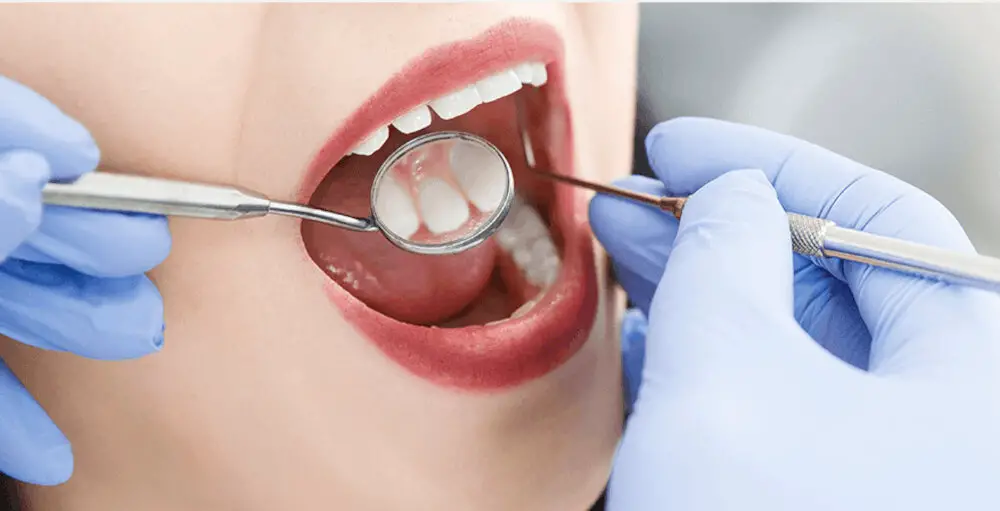
In conclusion, teeth chipping can be caused by a variety of factors such as trauma, grinding, and poor dental hygiene. It is important to understand the causes and take preventive measures to maintain healthy teeth. This includes wearing protective gear during high-risk activities, seeking treatment for dental issues, and practicing good oral hygiene habits such as regular brushing and flossing. By taking these steps, we can ensure that our teeth remain strong and healthy for a lifetime. Remember, prevention is key when it comes to maintaining good dental health.
